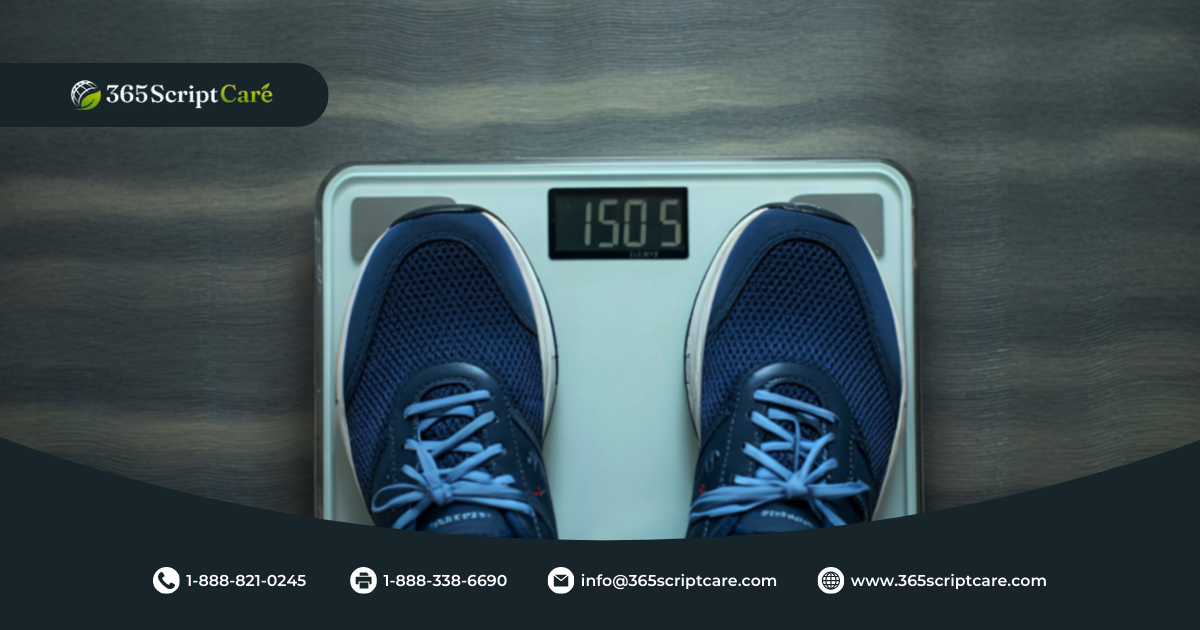Crohn’s disease is a chronic inflammatory condition that affects the gastrointestinal tract and can cause abdominal pain, diarrhea, fatigue, malnutrition, weight loss and more. It’s an unpredictable illness with no known cure – but there are things you can do to help manage it. In this article we explore what makes Crohn’s disease worse and how understanding its triggers can help those who suffer from it to cope better with their symptoms.
The causes of Crohn’s disease vary between individuals and remain largely unknown. However, one thing is certain: certain lifestyle factors may be making your symptoms worse or triggering flare-ups. From diet to stress levels, knowing which activities should be avoided could give sufferers greater control over their condition.
Living with any kind of chronic health issue isn’t easy – but by gaining insight into potential triggers for Crohn’s flares, patients may find themselves able to make small changes that have big impacts on their quality of life. Let’s take a closer look at some of the possible culprits behind worsening symptoms in people suffering from Crohn’s Disease.
What is Crohn’s Disease?
Crohn’s disease is an inflammatory bowel disorder that affects the digestive system. It can cause a range of unpleasant symptoms and can be difficult to manage. There are several factors which can make Crohn’s disease worse, such as diet, stress levels, medications, smoking and alcohol consumption. In this article we will explore these factors in more detail and look at ways to reduce their impact on Crohn’s disease.
It is important to note that everyone with Crohn’s Disease has different triggers for flares and what works for one person may not work for another. Therefore it is essential to discuss any changes you wish to make with your doctor or specialist before starting them. This way they can help you create an effective plan to control your condition better and improve your quality of life.
What Triggers Crohn’s Disease Symptoms
Moving on from the introduction, let’s explore what triggers Crohn’s disease symptoms:
Crohn’s is an unpredictable condition. That means it can be difficult to predict when and how severely your symptoms will flare up. Many factors can trigger a Crohn’s flare-up or make existing symptoms worse. Here are some common ones you should know about:
* Stress – Studies have shown that stress has a direct effect on the digestive system, which could worsen Crohn’s symptoms.
* Diet – Certain foods like dairy, fatty meats, spicy dishes, alcohol and caffeine may irritate the intestines and cause inflammation in people with Crohn’s. It’s important to keep track of what foods seem to aggravate your symptoms so you can avoid them as much as possible.
* Medications – Some medications taken for other conditions might interfere with treatment for Crohn’s or even make it worse. Be sure to talk to your doctor if you’re taking any prescription drugs that may affect your health negatively.
* Smoking – People who smoke cigarettes often experience more frequent and severe flares than those who don’t smoke, so quitting smoking is recommended for anyone living with this condition.
It’s important to understand these potential triggers because they can help you manage your condition better by avoiding activities or substances that exacerbate your symptoms. Living with Crohn’s does not mean you cannot lead a normal life; however, being aware of certain risk factors helps ensure you take all necessary steps towards managing this chronic illness effectively.
Foods That Can Trigger Crohn’s Disease Symptoms
Crohn’s disease is a chronic inflammatory bowel disorder that can cause severe abdominal pain, diarrhea, fatigue, and weight loss. Certain foods can worsen the symptoms of Crohn’s disease by irritating the lining of the digestive tract or causing inflammation in the intestines.  Foods high in fat, fiber, and spice should be avoided as much as possible to reduce discomfort. Dairy products are also known to trigger flare-ups for some people with Crohn’s Disease.
Foods high in fat, fiber, and spice should be avoided as much as possible to reduce discomfort. Dairy products are also known to trigger flare-ups for some people with Crohn’s Disease.
It is best to avoid these items altogether or try smaller portions if you do decide to eat them. In addition to this, certain artificial sweeteners such as sorbitol and mannitol have been found to increase symptom severity in those with Crohn’s Disease due to their slower digestion rate.
Eating processed meats like bacon, sausage, or cold cuts may also exacerbate symptoms because they contain chemicals called nitrates which can irritate the gut wall and lead to further inflammation. Therefore it is important for individuals suffering from Crohn’s Disease to take caution when selecting food items so as not to make their condition worse.
Types Of Medication Used To Manage Crohn’s Disease
Crohn’s disease can be difficult to manage, but there are various medications that can help reduce the symptoms and improve the quality of life. Here is a list of common types of medications used to treat Crohn’s disease:
* Corticosteroids – These drugs work by reducing inflammation in the digestive tract, which helps alleviate pain and diarrhea.
* Immunomodulators – Immunomodulators suppress the immune system so it does not attack healthy cells in the intestines. They also help reduce inflammation.
* Biologic therapies – This type of medication works by blocking certain proteins found in people with Crohn’s disease that cause inflammation and intestinal damage.
It is important to speak with your doctor about any potential side effects or interactions these medications may have when taken together. Additionally, lifestyle changes such as stress management techniques, avoiding trigger foods, getting enough rest and exercise, and maintaining a healthy diet can all play an important role in managing Crohn’s disease over time.
How Epipen Can Help Manage Crohn’s Disease
Crohn’s disease can be a difficult and painful condition to manage, but there are ways to help reduce flare-ups. One of the most effective methods is using an Epipen. An Epipen is an injection that contains epinephrine, which helps reduce inflammation in the digestive system. This can provide relief from Crohn’s symptoms such as abdominal pain, diarrhea and nausea.
Epipens can also help reduce the risk of further complications by stopping the progression of Crohn’s disease before it worsens. They should be administered at least once every two weeks for maximum effectiveness. It’s important to discuss any potential side effects with your doctor before starting treatment with an Epipen.
Additionally, if you experience any adverse reactions after taking an Epipen or have any other questions about managing Crohn’s Disease, don’t hesitate to contact your healthcare provider for advice and guidance.
Lifestyle Factors And Crohn’s Disease
There are a number of lifestyle factors that can make Crohn’s disease worse. These include smoking, drinking alcohol, and being overweight or obese. Smoking is particularly damaging to those with Crohn’s because it increases inflammation in the body, which can worsen symptoms. Alcohol also exacerbates flare-ups, as it has an inflammatory effect on the digestive system. Being overweight or obese puts extra strain on your digestion, making it harder to absorb nutrients from food and leading to further complications with Crohn’s Disease.
It is important for anyone with Crohn’s Disease to be aware of these lifestyle factors and take steps to avoid them if possible. Quitting smoking will help reduce inflammation and improve overall health; avoiding alcoholic beverages when feeling symptomatic will reduce flares; and maintaining a healthy weight through regular exercise and eating nutritious foods can help relieve some of the burden put on digestion by excess weight. Taking proactive measures like these may help you feel better over time and control the progression of this chronic illness.
Conclusion
In conclusion, Crohn’s disease can be a difficult condition to manage. It is important for people with this condition to identify what triggers their symptoms and take the appropriate steps to reduce them. Taking medications as prescribed by your doctor, avoiding trigger foods, and making lifestyle changes are all ways that you can help lessen the severity of your symptoms. Additionally, using an Epipen when necessary can provide quick relief from severe flare-ups. With proper care and management, it is possible for people with Crohn’s disease to lead healthy lives despite the occasional flares in symptom severity. Everyone’s experience with Crohn’s will be different but understanding what makes it worse is key to managing it more effectively.



